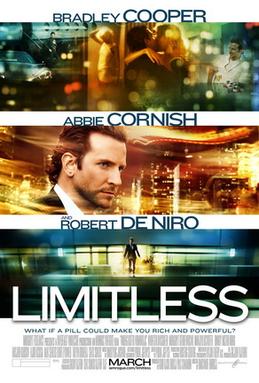Not sure if it's possible to get arrested for using the word "riot" online. It may be one day.
Saw an interesting article on the BBC's tech show,
Click, about how technology has helped with rioting. It doesn't make the difference to whether people decide to go out on a spot of looting or not. But if you want to get a lot of people to one place and time, there are now very easy ways to do it. Doesn't always work, as there have just been people in Chester prosecuted for inciting a riot that didn't happen. But since nearly everyone carries a personal communication device with them, technology certainly facilitates group mentality.
That is of course the
opposite of what some critics of technology said just a decade ago- that everyone's isolated in a room on their own hunched over a computer. Now computers are in everyone's pocket. And you can take them where you like. I like to point out to Luddites that even the simplest mobile phone is a computer. It's just a computer that's been crippled so that it only does one job (telephony), so as not to frighten them.
There is a slippery slope of telephone technology that people find themselves on:
People eventually decide that it would be handy to have a mobile phone, in case x needs to get in touch urgently or in case the car breaks down or ...
Then it turns out to be easier to use than their landline.
When people have got used to the idea of a portable telephone, the next thing is using it to send text messages. Because everyone knows someone else that texts them. And eventually they have to admit that texting is useful.
(This is the stage that many people seem to have reached now, whatever their age!)
The next thing is to start using a calendar or a game on your phone
And use the camera instead of carrying a separate one.
And then maybe It will play music or Even video.
And 'go on the Internet' and email.
And then finally realise that a modern phone will enable you to watch TV, navigate round a city, tune a guitar, translate a road sign, or read the Bible.
And of course there is mobile social networking.
The "killer app" (i.e. Definitive, vital, must-have application that makes the device worth having) for some phones is instant messaging. Blackberry phones are apparently the most popular amongst teenagers, largely because you get the ability to send free messages to your friends, or groups of friends. Ideal for organising a riot.
Facebook, Twitter and other services on other phones allow pretty much the same thing. But there's one important difference with Blackberrys.
Messages are encrypted, and sent to RIM (the Blackberrys' manufacturer) in Canada, before being delivered. The messages are therefore very private. Even to the police.
A few months ago i seem to remember they were almost banned in one mid-Eastern country. Because the government was worried it wouldn't be in control. Now we see that is a problem for us here in the UK too.
It's getting far too easy to start a riot.
RIM say that they will cooperate with investigations. The trouble is, the law doesn't cover large, non-specific criminality. It's meant to allow the authorities to investigate particular crimes by particular people.
Hopefully, lessons have been learned, and somehow the police will be able to snoop on messaging traffic inciting rioting. Which means snooping on all messaging traffic. Which is worryingly Orwellian, but there doesn't seem to be an alternative. Hopefully the monitoring will be almost entirely automated.
New technology is always forcing us to think or rethink through some ethical issues. If we believe that God knows everything we do or say or text, should we be worried if other people do too? If it's "for our own good"? Does the good of society in general always trump the rights of individuals?
Matthew 10:27 (NIV)
What I tell you in the dark, speak in the daylight; what is whispered in your ear, proclaim from the roofs.









